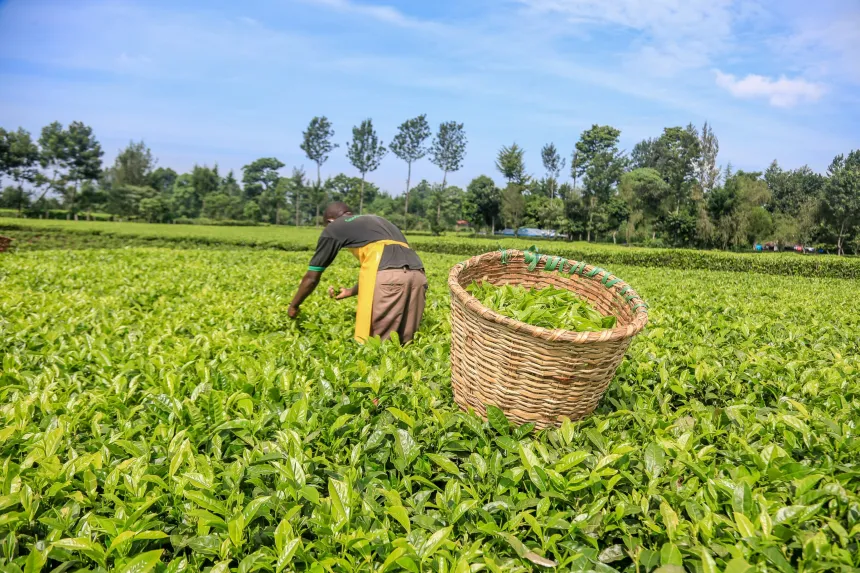Tea directors from the Mt Kenya region have defended the reduced 2024–25 bonuses, attributing the decline to lower global tea prices, weak foreign exchange rates, and government policies affecting direct sales.
According to the Kenya Tea Development Agency (KTDA) directors, the average price of processed tea dropped from Sh389 per kilogramme last year to Sh309 this year, while national production fell by 12 per cent from 1.4 billion kilogrammes to 1.2 billion.
KTDA board member Gabriel Kagombe said Mt Kenya factories have maintained relatively better returns due to consistent quality.
“The East of Rift region continues to fetch better prices because our factories don’t compromise on quality. This has helped sustain international buyer confidence,” Kagombe stated.
Despite the global slump, KTDA-managed factories sold 318.37 million kilogrammes of tea this year, up from 290.57 million last year, when over 100 million kilogrammes remained unsold.
The directors highlighted investments in modern processing technologies and quality assurance as key factors behind Mt Kenya’s strong market reputation. They blamed rampant tea hawking, especially in the West of Rift region, for lower prices caused by poor-quality leaves and unregulated sales.
Addressing accusations of favoritism from Rift Valley and Nyanza leaders, the directors insisted that quality—not bias—determines auction prices. They noted that Mt Kenya factories had self-financed low-cost hydropower projects such as Metumi, Gura, Nyamindi, and Chania, reducing production costs.
Kagombe urged West of Rift factories to utilise the government’s Sh3.7 billion concessional loans from the Kenya Development Corporation to upgrade their facilities. He also criticised the government’s ban on direct sales, saying it drove away 27 per cent of international buyers and caused an oversupply at the Mombasa auction.
KTDA Zone Two director Githinji Mwangi called for de-politicisation of the tea sector and a review of the 42 levies burdening farmers, saying over 680,000 smallholders depend on tea for their livelihoods.
He urged Parliament to conduct an environmental and legislative audit to enhance sustainability and protect farmers’ earnings.
Tea remains one of Kenya’s leading foreign exchange earners, but directors warn that maintaining quality and efficiency is essential to remain competitive globally.

